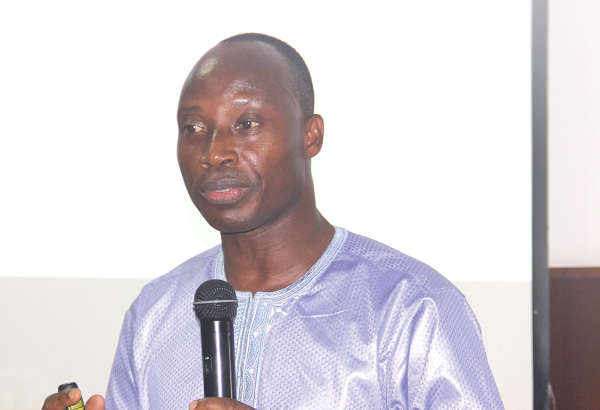
Economic policies not engendering job opportunities — Labour Union
Labour unions have observed that although the economy has grown over a decade, it has not been commensurate with employment opportunities.
According to them, the assumption by economic policy makers that economic growth policies would automatically bring about employment creation had been wrong.
They added that unemployment was a major challenge, which, if not tackled, would cost politicians.
However, the Ministry of Finance (MoF) has emphasised that the government’s economic policies are geared towards workers and their best interests.
These opposing views were shared at a labour forum on the economy that brought together representatives of labour unions, the Ministry of Employment and Labour Relations (MELR), as well as the Ministry of Finance (MoF).
It was organised by the TUC and Friedrich Egbert Stiftung (FES) in Accra last Tuesday on the topic, “Development in the Economy and their implication for workers.”
Wrong assumption
The Director of Labour Research and Policy Institute of the Trades Union Congress (TUC), Dr Kwabena Nyarko-Otoo, in his presentation, said since the Structural Adjustment Programme (SAP) of the 1980s to date, the assumption had been that economic growth would bring about employment opportunities.
However, from 1994, there had been an appreciable economic growth of five per cent, but that had not translated into significant employment creation opportunities.
‘’Yes, the structure of our economy has changed, but not in a manner as to bring about jobs,” he told the forum of workers and public servants.
The employment challenge has been the greatest of all challenges for the country and if in the foreseeable future it is not tackled, governments would pay for it,” he added.
Dr Otoo said an analysis of the budget showed that employment, although mentioned yearly, was not systematically dealt with as other economic indicators.
It was normally dealt with as an off-shoot of economic growth and because of that no systematic strategy had been targeted at job creation.
“We think that employment really matters; it must not be an expression or indication,” he said.
Initiatives
However, the Director of Research at the MoF, Dr Alhassan Iddrisu, in his presentation, outlined key prudent economic policies that were beneficial to workers in the country.
He said the abolition of selected taxes, the free senior high school programme and the reduction in utility bills ensured that workers had disposable incomes.
On specific job creation initiatives, Dr Iddrisu said the National Builders Corps, that was to employ about a 100,000 youth and the Akufo-Addo Plan for Agricultural Roads and the National Entrepreneurship and Innovation Programme which would provide direct employment to Ghanaians, were all concerted efforts by the government to create job opportunities.
Dr Iddrisu, therefore, tasked labour unions to partner the government in the realisation of a better economy for more jobs.